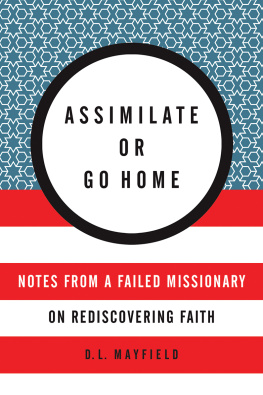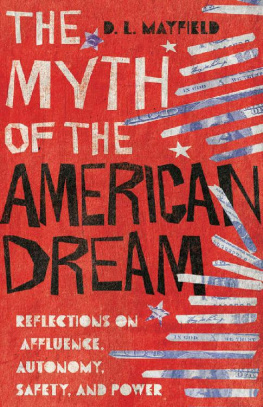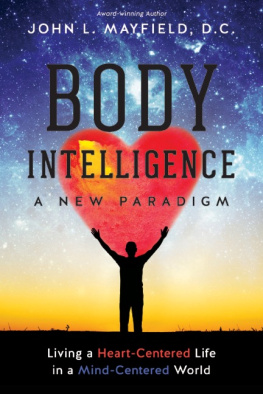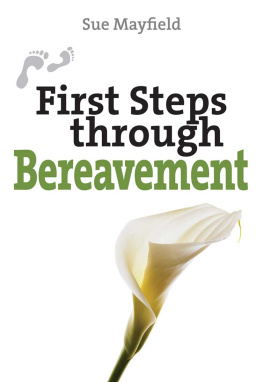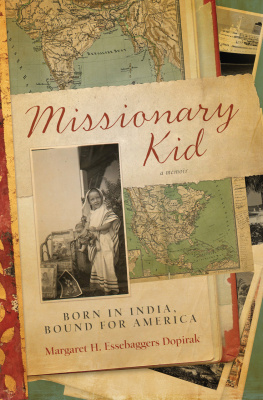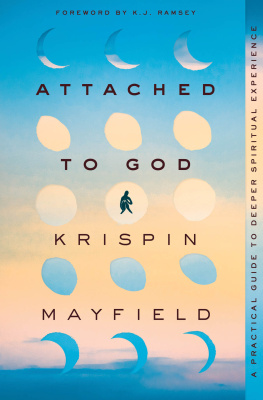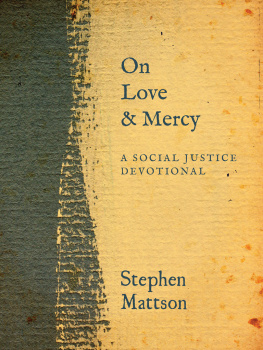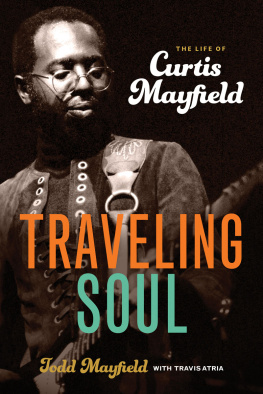Contents
The names have been changed to protect the privacy of individuals in this book, but the stories are as true as my recollections allow. Writing about cultures and experiences that are so vastly different from my own, primarily within communities where there is a lack of literacy skills, adds another wrinkle to this task of wanting to be emotionally and ethically honest. I have tried my best to honor my friends and neighbors while still being true to what I saw and felt.
I was trying to explain to my young friends, Saida and Khadija, that I had written a book and that they were a big part of it. I felt nervous and stammered as I tried to explain what that meant, and I waited for a response. The girls, home from a tiring day of high school, were lounging on the couches in their living room, fiddling on phones and computers. You wrote a book? Khadija asked, not sounding that interested. I knew you were a writer, but I didnt know that you wrote books. I told her that, yes, I wrote a book; it was about the time that I met them and how they changed my life. How their family introduced me to the realities of what it means to be a refugee in America and how hard it can be. How they taught me so much about my own country and how they taught me so much about God. Finally, I trailed off. Really, I said, the book is about how you changed my life. Saida and Khadija both looked at me for a moment, and then looked at each other. Of course we did, said Saida, and they went back to checking Facebook.
This book is for them. I cant wait until the day when they write down their own stories, for they will change us all.
Love in action is harsh and dreadful compared to love in dreams.
Dorothy Day, quoting Dostoyevsky
Several years ago I showed The Jesus Film to an apartment packed with devout Muslims. I had ordered the VHS from a special minister-to-Muslims website (it was pretty old schoolhence, the VHS). The viewers were Somali Bantu, recently arrived from decades spent languishing in a refugee camp. I was the earnest young volunteer with English language skills and free time to burn. The apartment was small, hot, and musty, smelling like close proximity and an easy community that I longed to be a part of.
I was nineteen years old, and I wanted to be a missionary.
The film was rather artlessly subtitled in Somali, and I didnt find out until later that my friends spoke a different, less well-known language. But still, they watched, patient with me and my strange film. I assumed it would translate well due to its color and drama, the histrionic and over-the-top filming, the copious close-up shots of weeping, strained faces. Combined with the soap-opera lighting, it was rather like a Bollywood film with none of the song-and-dance numbers. My friends watched patiently up until the pivotal crucifixion scene. At that moment, people began to busy themselves, picking up plates and chatting with each other, turning their gaze from the television set. I grew annoyed as the very narrative of my childhood was being ignored. I myself had been inflicted with the agony of watching a bad actor writhe around on a crucifix to somber and fuzzed-out music many, many times, and it had meant something to me. It wasnt until (spoiler alert!) Jesus appeared as his risen self, beatific and with beautiful, soft hair, that my friends turned their attention back to the film.
After it was over, everybody had to discuss it. I had no idea what they were saying, but I could tell it was passionate. The men did most of the arguing, but the women held their own, too. The kids, and there were a veritable sea of them in the apartment, clung to skirts and wiped their noses and leaned into one another, eyes wide and yet sleepy. Ali, the elder of the group, waved a hand at me. In his grand, broken English, he gave me their verdict. Jesus, he said, holding the palm of his hand straight out in front of him, is here.
But Muhammad, he looked at me intently, for full effect, is here. And with that, he moved his hand up by his head.
And that was that.
We never spoke of the film again, and I felt almost relieved. I had grown up wanting to be a missionary all my life, but when faced with a real mission field, I felt overwhelmed by the burden of proselytizing. I went to conferences and Bible studies and even majored in intercultural studies (which was evangelical code for missions), but nothing I learned seemed applicable when real people were in front of me, drinking chai and discussing my pasty appearance. The Jesus Film was a cop-out for me, a way to feel like the missionary I wanted to be but without any of the hard work of explaining the four spiritual laws.
Looking back on the experience, I see that as we were watching the film together, the heavy yoke of my desire to convert others began to slip off my shoulders. As I relaxed onto the couch and into a culture that felt as removed from my own as I could get, it became clear this wasnt going to work, yet I still felt happy. I sat on the couch and listened to the rhythms of a different language while children perched on either side of me and marveled at my short blond hair, caressing it with their fingers. And for the first time in a long while, I felt at rest. A tiny bit of their community had been passed on to me.
Suffice it to say, there were no conversions that night. To this day, more than a decade later, I still have not converted one single Muslim; I have not changed the minds of any of my friends. I am pretty much the worst missionary ever, for reasons quite varied.
I did not know how to express it, but in many ways I used to think of myself as a displaced person, longing for a home. I was raised a devout, conservative Christian, intent on saving the lives of everyone else. The world around me thought me strange and religious, a fundamentalist missionary. But I couldnt let go of my longing to make the world a better place. Long ago, it seemed, I had been ruined for the ordinary. Outside of religious circles, I learned to be quiet, to laugh at the jokes I didnt understand, to downplay my past and my future, and to focus so relentlessly on the present so that people would stop giving me funny looks. There was no place that I felt at home.
And then I met them, people who I thought I could be of use to. God had sent me a sign from the sky, conveniently dropping off a group of Muslims (from Africa!) into my very own backyard.
Slowly, I started to enter more fully into the world of my refugee friends. As the days and months blended into years, I experienced strange paradoxes. The more I failed to communicate the love of God to my friends, the more I experienced it for myself. The more overwhelmed I felt as I became involved in the myriad of problems facing my friends who experience poverty in America, the less pressure I felt to attain success or wealth or prestige. And the more my world started to expand at my periphery, the more it became clear that life was more beautiful and more terrible than I had been told. The differences, although real, started to blur together a bit. Muslim, Christian, Somali, American. We were being told to assimilate or go home, but we couldnt do either.
Over the years I learned about the cycles that refugees go through as they learn to acclimate to their new homes and lives. There are four general stages: anticipation and excitement, reality setting in, depression and culture shock, and stabilization. With the first stage, many people experience the unbearable weight of dreams of the good life, fixating on being free from worry and pain and sickness and death. Once their feet are on the ground, many refugees experience a brief period of bliss, followed closely by the difficulties of adjustmentwhich is when reality sets in. This is followed by profound culture shock, when the traumas of resettlement start to show themselves in multiple ways, including depression and anxiety. Finally, many (but not all) refugees come to some degree of acceptance of their new life, stabilizing and finding ways to cope and even thrive in the midst of grief and homesickness. For many, if not all, displaced persons, however, this resettlement cycle is neither static nor a linear journeyindividuals can move up and down the scale, taking steps forward only to be slammed back into square one.

